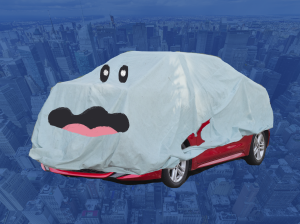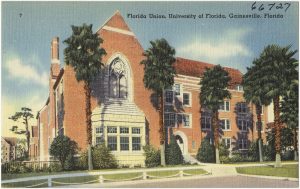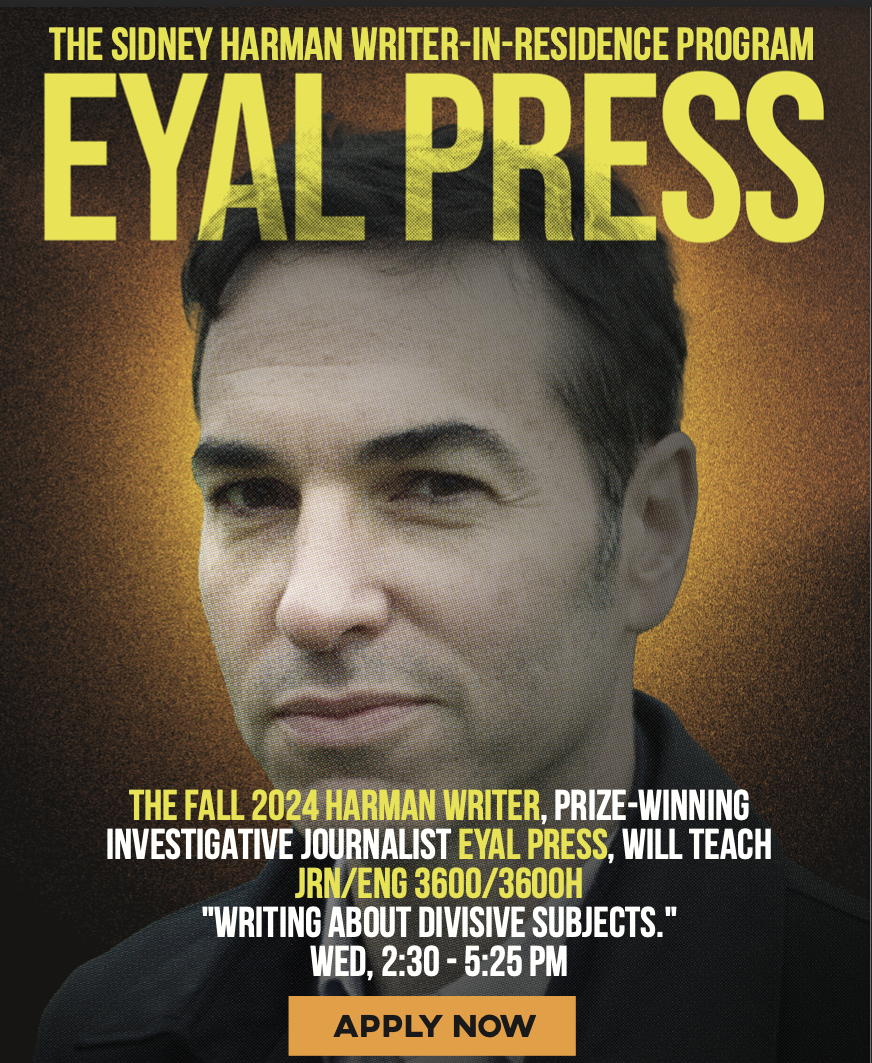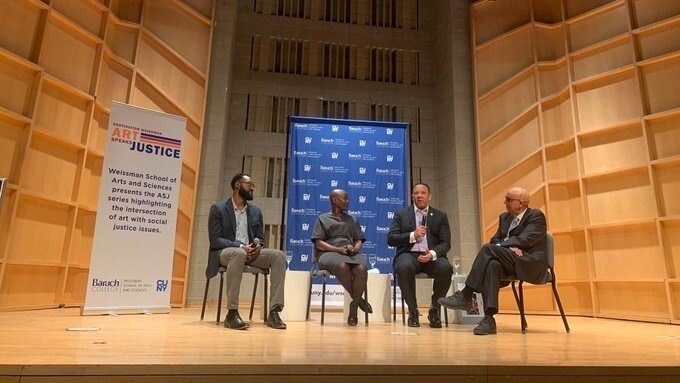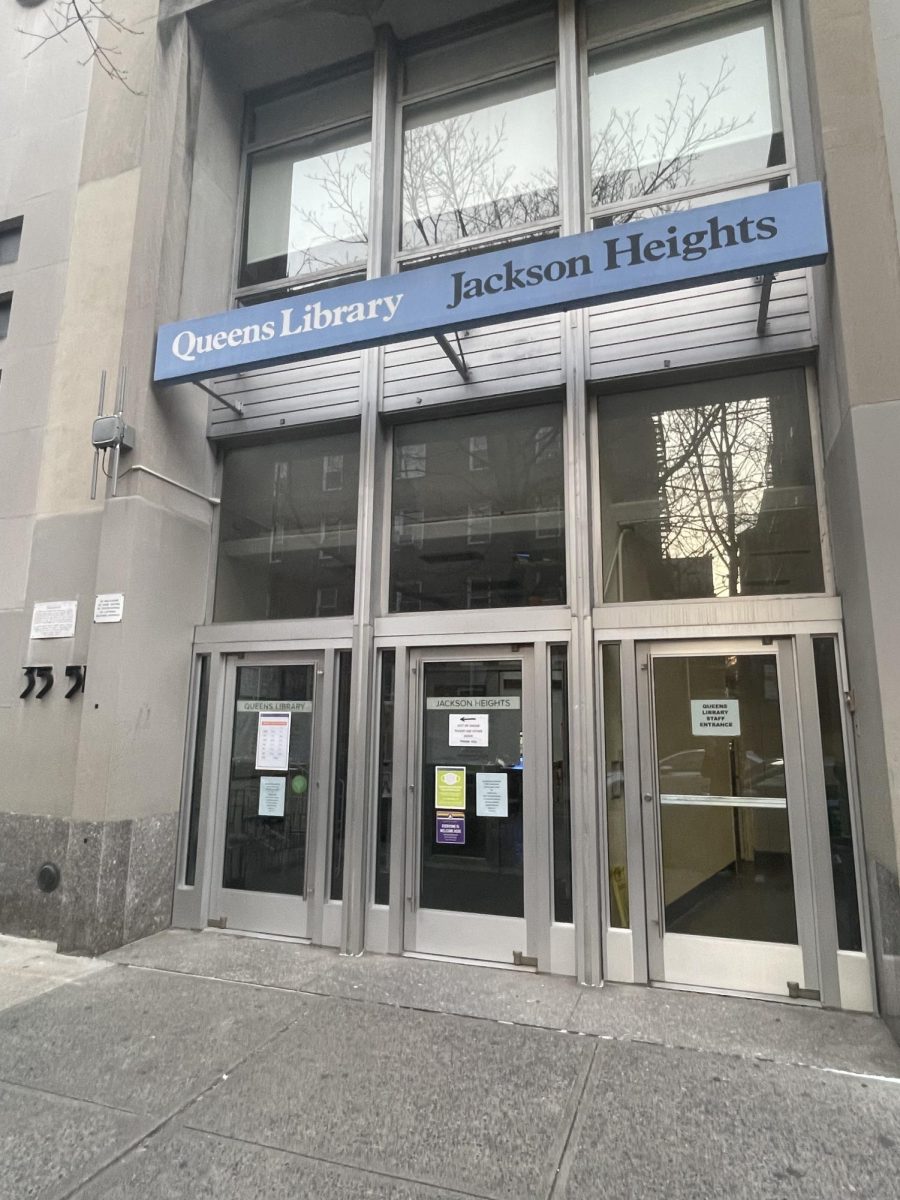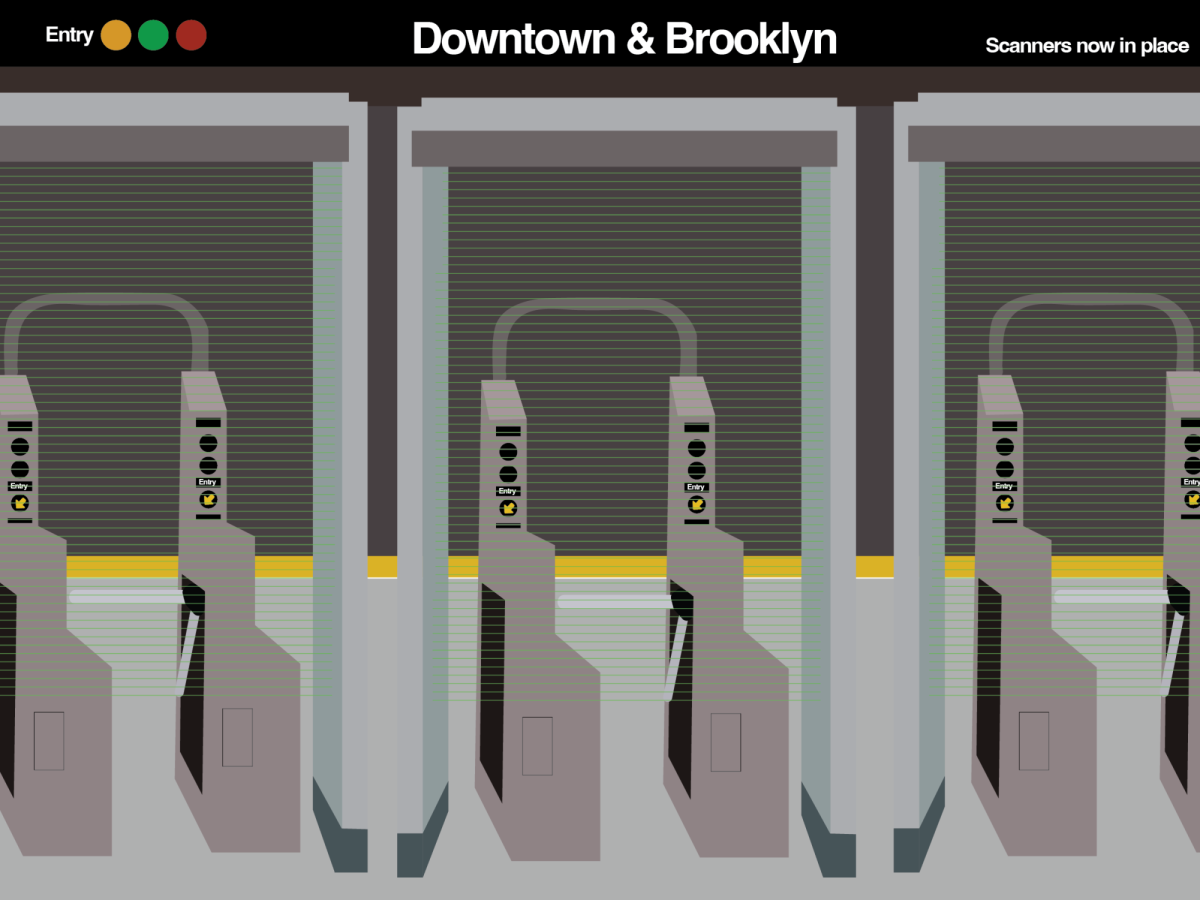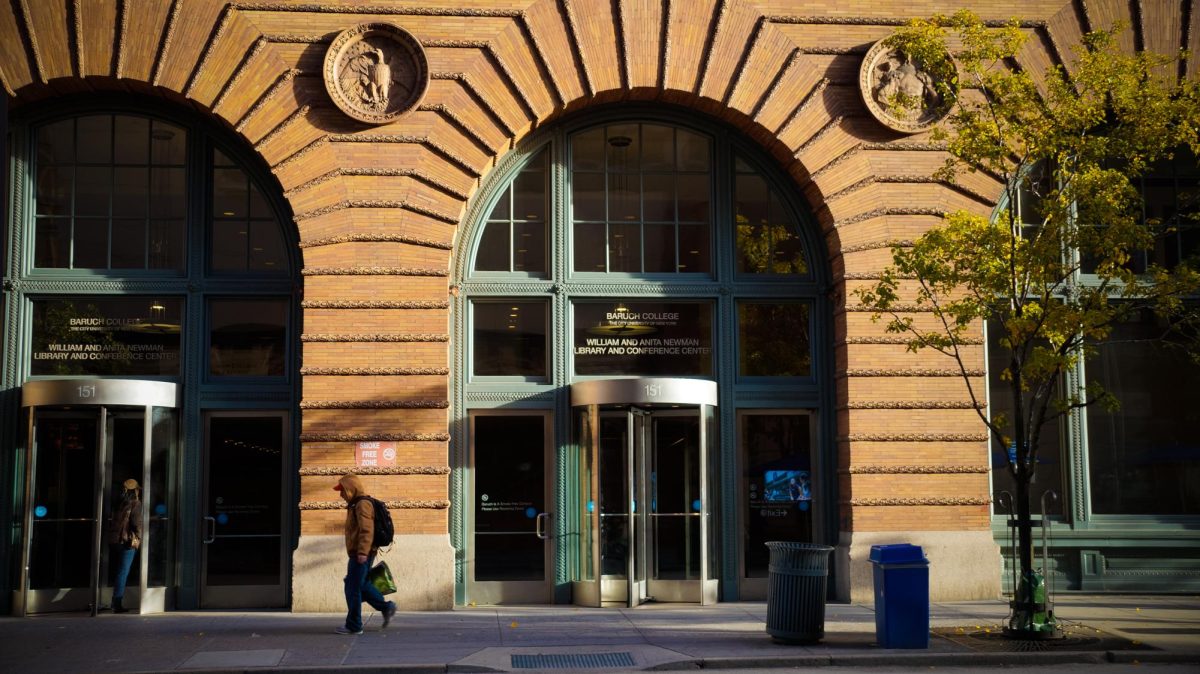Among those speaking at the panel were National Urban League CEO, Marc Morial, Baruch faculty fellow and professor Shelley Eversley and political science assistant professor Marcus Johnson.
All of the speakers have backgrounds in ethnic studies and advocate for the further development of race relations in America. The conversation covered a range of racial topics and also encourages students to assert their rights and stay informed.
The discussion started off with an interesting American contradiction. A newspaper was passed around the speakers.
“This is the cover page of The New York Times dated Wednesday, Nov 5, which was the day after Barack Obama was elected president of the U.S.,” Romero said. “The title says ‘Obama: Racial Barrier Falls in Decisive Victory.’ and immediately after that people started to talk about colorblind America, the end of racial injustice, but 12 years later we are seeing one of the worst periods in American history when it comes to all kinds of discrimination.”
Morial responded to this.
“American history is complete with powerful steps forward followed by backwards and what we witnessed in the administration currently in office is the forces that elected this was a backlash to Obama’s election” he said. “Racism is a disease that is ingrained in the American ethos. It’s our job as a generation to cure this disease.”
This is apparent in the way that racism has been systematically layered into American education and judicial institutions. For Eversley, the stop and frisk policy is reminiscent of racist antiquated surveillance strategies used when slavery was at its peak in America.
“This is the kind of surveillance that has existed since the very beginning of the United States, which make it dangerous for a black person to drive on a highway in Missouri or Texas or for a black man to walk down his street in Brooklyn without being stopped and checked to make sure that they’re in the right place,” Eversley said. “This is what slave patrollers were doing during another moment in American history and is continuing today in other forms.”
Morial also connected the past to today’s present while discussing his mother’s struggle with suffrage.
“I come from a tradition in the South where my grandparents could not vote but my parents could,” he said. “Although my mother talks about the test she was given when she first went to register to vote in the 1950s, where the person who took her application asked her what color her eyes were. When she said her eyes were black, [the person] said no, your eyes are brown, you fail this test. So, it was ingrained in me that I was going to vote whether I love the system or not.”
This is why, for Morial, voting seems more like a responsibility rather than an optional right.”
These rigid systems of discrimination are still in place.
“New York City has one of the most divisive, segregated school systems in the country,” Romero stated. This proves that the legacy that separate by equal has is still affecting the lives of Americans.
The speakers asserted that political efficacy is achievable and now more than ever it is important to stand for what one believes in. Change can be brought through many different mediums, especially through art or writing..
“Art is about making visible some of the feelings, controversies and ethical questions in the world that we can’t understand through looking at data,” Eversley said. “African American literature is about resistance. From Tory Morrison to James Baldwin, Frederick Douglass and Alice Walker. These authors have thought about the ways to represent black humanity and power as they matter against institutional framework.”
Students at the event agreed that race in America is a huge topic worth discussing on college campuses.
“There’s a lot of issues surrounding race in America. It’s important that colleges be open and hold these kinds of discussions — even if people today disagree with the ideas of some of the speakers, there would at least be a circulation of ideas,” Baruch senior Raj Veersingh, said.
This sentiment was commonplace at the discussion.
Discussions like these are important for Baruch because to be a school with an African American population of 9%, these communities of students needs to feel like their issues are being heard and that there’s a place we could go to learn more about these particular issues,” CUNY Graduate Center student Kimberly Boyce-Lazare, said.



